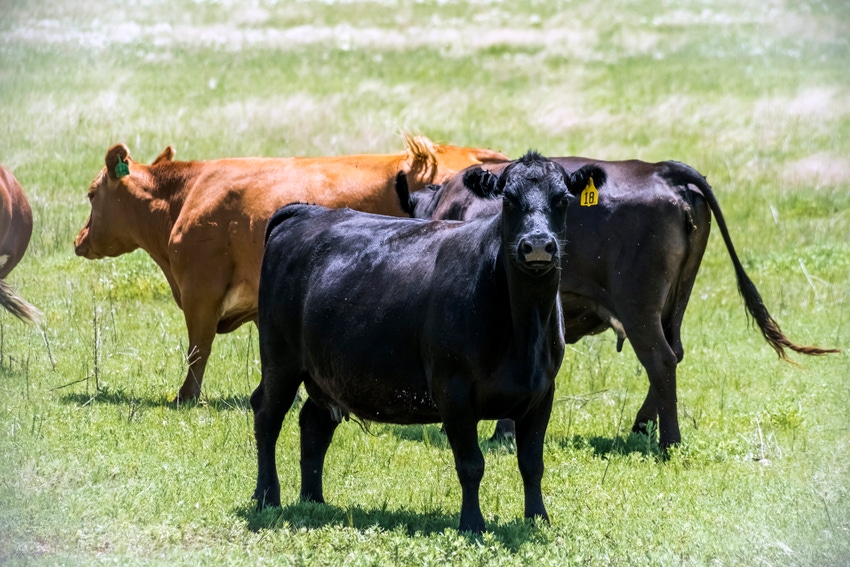Research will look at ways to combat heat stress and improve milk yield with more efficient breeding technologies.
July 18, 2018

The University of Maryland College of Agriculture & Natural Resources announced that it has received a $1.3 million grant from the Bill & Melinda Gates Foundation to develop new cutting-edge precision breeding technologies for livestock, specifically focusing on cattle and goats.
Dr. Bhanu Telugu, associate professor in the University of Maryland department of animal and avian sciences, leads a team that will work to expand the scope of current breeding programs by establishing an accelerated pathway for the introduction of traits that improve heat tolerance and increase milk yield.
As a result of a changing climate, animals must cope with heat stress in the U.S. and elsewhere in ways not seen previously, which is affecting animal welfare as well as overall production, the announcement said. This makes development of more efficient and responsive agricultural practices and breeding techniques more urgency.
“Genetic modification in livestock by humans is not a new concept,” Telugu said. “When two animals of perceived high genetic merit are bred, it leads to mixing of the genomes. This has been the backbone of genetic diversity (and evolution) and generation of unique breeds, from livestock to pets.”
Modern breeding techniques have already come a long way in increasing production, with research looking at the genetic makeup of animals to select and breed for beneficial traits, the university pointed out. During the last 50 years, milk production from dairy animals in the U.S. was doubled by following traditional breeding paradigms and better management practices.
However, every time two animals are bred for a trait, the genetic merit is diluted, like mixing blue and yellow to make green. Each offspring has a little less of the desired trait, Telugu said, so, in order to really incorporate one new trait into a population, many generations of breeding were traditionally needed, which can take about 15-30 years, depending on the species.
Now, with technologies such as CRISPR/Cas allowing for easy gene editing, Telugu is looking at what is known about genetic fragments that are linked to specific desirable traits and how those traits can be inputted into a population in just a single generation of breeding, taking only three years instead of 30.
“If we have genetic scissors and we know where to cut, then cutting and pasting the best traits into a new animal has got to be the most efficient way to incorporate a new trait,” Telugu explained. “With this work, we are not only validating the genetic research that tells us which sections matter for which specific traits but also looking to solve serious issues that couldn’t be otherwise addressed.”
Telugu said he is excited to start this work combining basic research and practical application to address global issues.
“Heat stress has become a serious issue in the United States in the last decade or so,” Telugu said. “That is how quickly these problems are growing and changing. Combine that with new emerging diseases and the need to feed 3 billion more people over the next 30 years, and we are faced with serious issues that traditional breeding methods don’t work quickly enough to solve. I am excited to be able to work on these important applications and still contribute to the greater knowledge of functional genomics, which is my focus as a researcher.”
You May Also Like

.png?width=300&auto=webp&quality=80&disable=upscale)

